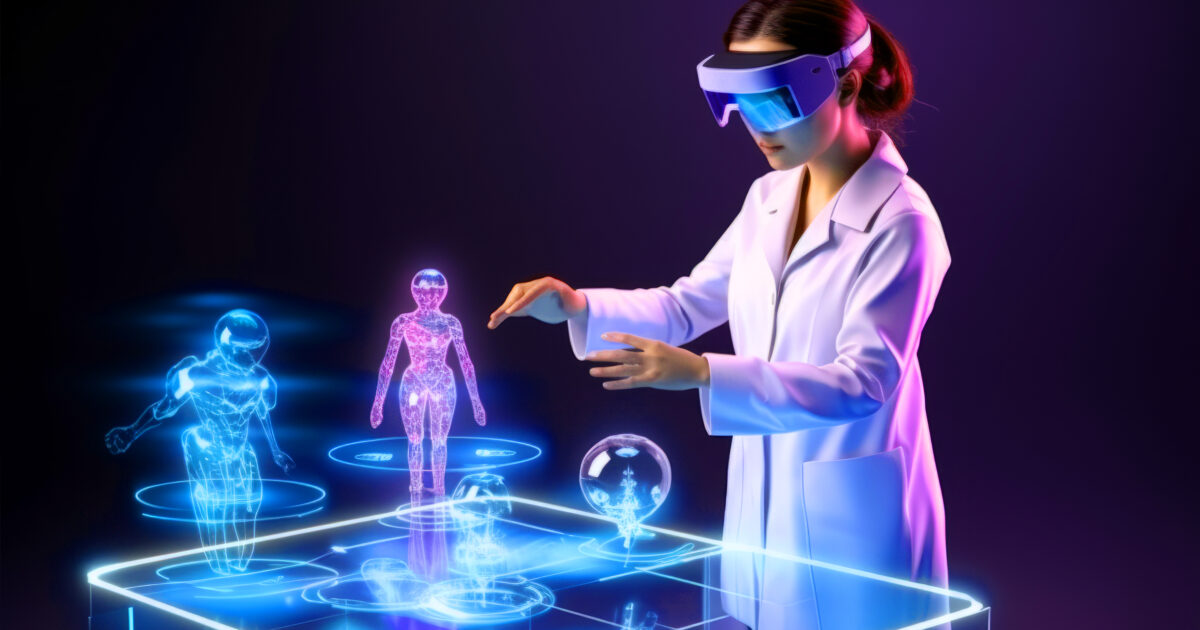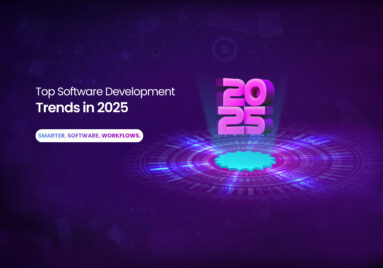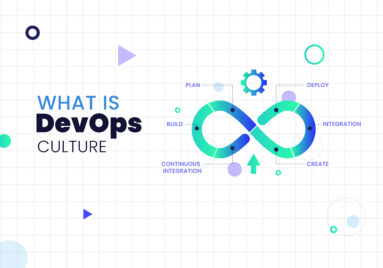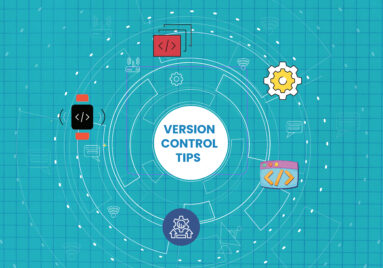Artificial intelligence (AI) is revolutionizing healthcare with increased efficiency, better patient outcomes, and new treatments. AI technology is revolutionizing the way healthcare systems function, ranging from automating administrative processes to offering clinical decision support. With the capability to survey huge amounts of data, expect health dangers, and provide care to individuals, AI is rendering healthcare more accessible, precise, and affordable. This innovation has the potential to revolutionize patient experiences and doctors’ practices, bringing about a smarter, more efficient tomorrow in healthcare.
Automation of Tasks
AI can automate routine administrative and clinical tasks such as scheduling, maintenance of medical records, and billing. This frees up time for healthcare providers, reduces human-made errors, and optimizes operational efficiencies.
Data Analysis and Interpretation
Healthcare produces huge volumes of data from patient histories, medical examinations, and images. AI can interpret and survey the data to search for patterns and better understand patient disease patterns and well-being.
Clinical Decision Support
Doctors can be helped by AI in making better-informed decisions by offering evidence-based suggestions founded on patient information. It is capable of reading huge volumes of medical literature and previous case studies to present a guide in problematic cases.
Predictive Analytics
AI solutions can anticipate health events prior to their occurrence by analyzing patient history and real-time data. For instance, AI has the ability to predict the risk of disease or complications and allow preventative intervention.
Better Patient Experience
Via AI-driven apps, patients are able to receive instant responses to health queries, schedule appointments, and receive medication reminders. AI has the potential to give patients more personalized treatment and decrease waiting times.
Healthcare Accessibility
Artificial intelligence technologies, such as remote monitoring and remote consultations, enhance access to healthcare for underserved or rural populations, enabling them to access care without having to travel long distances.
Reduction in Costs
AI lowers healthcare costs through automation and enhanced efficiencies. For example, predictive solutions prevent costly emergencies by detecting possible health risks early enough.
Research and Innovation
AI speeds up research as it analyzes large volumes of data rapidly and determines trends. This can be utilized in numerous areas, including determining new treatment methods, discovering new drug molecules, or creating medical devices.
Treatment Personalization
AI can help make treatment more personalized by relating individual patients’ genetic, lifestyle, and health information to provide more accurate and effective treatments.





